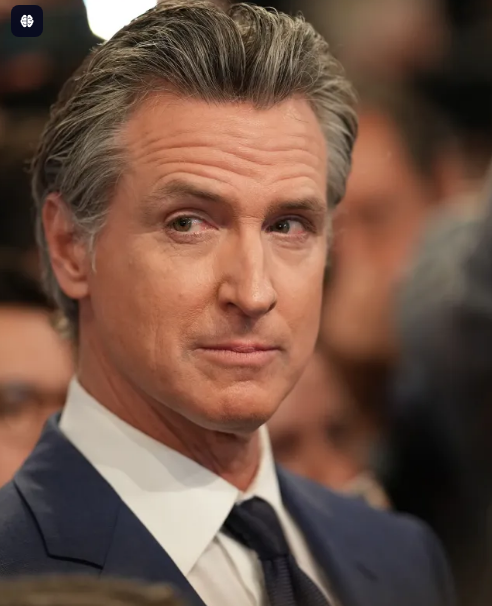
In a move that’s already sending shockwaves through Silicon Valley and far beyond, the Trump administration is pressing delete on Biden’s three-tiered AI chip export framework—and replacing it with something far simpler (and, depending on who you ask, far more market-friendly).
Let’s break it down.
Set to go live on May 15, the Biden-era policy—called the Framework for Artificial Intelligence Diffusion—was designed to carefully throttle the flow of advanced AI chips around the world. Think of it as a tech traffic light system: green for allies, yellow for neutral countries, and red for nations like China and Russia. The goal? Slow down AI development in strategic rivals while protecting U.S. tech dominance.
But Trump’s camp says… nah.
Calling the framework “overly complex” and a blocker to U.S. innovation, Trump’s Commerce Department plans to scrap it entirely. Instead, they’re floating the idea of a global licensing model supported by intergovernmental deals. Same mission (keep chips out of adversarial hands), but with fewer bureaucratic headaches and—according to them—a better shot at global AI leadership.
This isn’t just some quiet regulatory shuffle. Nvidia stock popped 3% after the news dropped. (Then dipped 0.7% after hours, because: markets.) CEO Jensen Huang has long pushed back against strict export limits, warning that keeping China locked out could cost U.S. chipmakers billions. He may have a point—Bloomberg says China’s AI chip market could hit $50B in just a couple of years.
So, who wins if Trump’s new strategy sticks?
Middle Eastern power players like the UAE and Saudi Arabia, who’ve been vocal about their frustration with chip restrictions, might finally get a seat at the table. Word is that Trump could announce a UAE deal during his May 13–16 trip. And places like Malaysia and India—previously caught in Biden’s yellow-light limbo—may get temporary breathing room.
But it’s not all clear skies. There’s growing tension around how to keep AI tech secure without stifling American innovation. Some companies (like Anthropic) still want safeguards to protect IP and prevent models from falling into the wrong hands.
So what now?
We wait. The Commerce Department hasn’t finalized anything. But one thing is clear: the next chapter of the global AI chip race is being written right now—and it’s going to be messy, political, and incredibly high-stakes.







